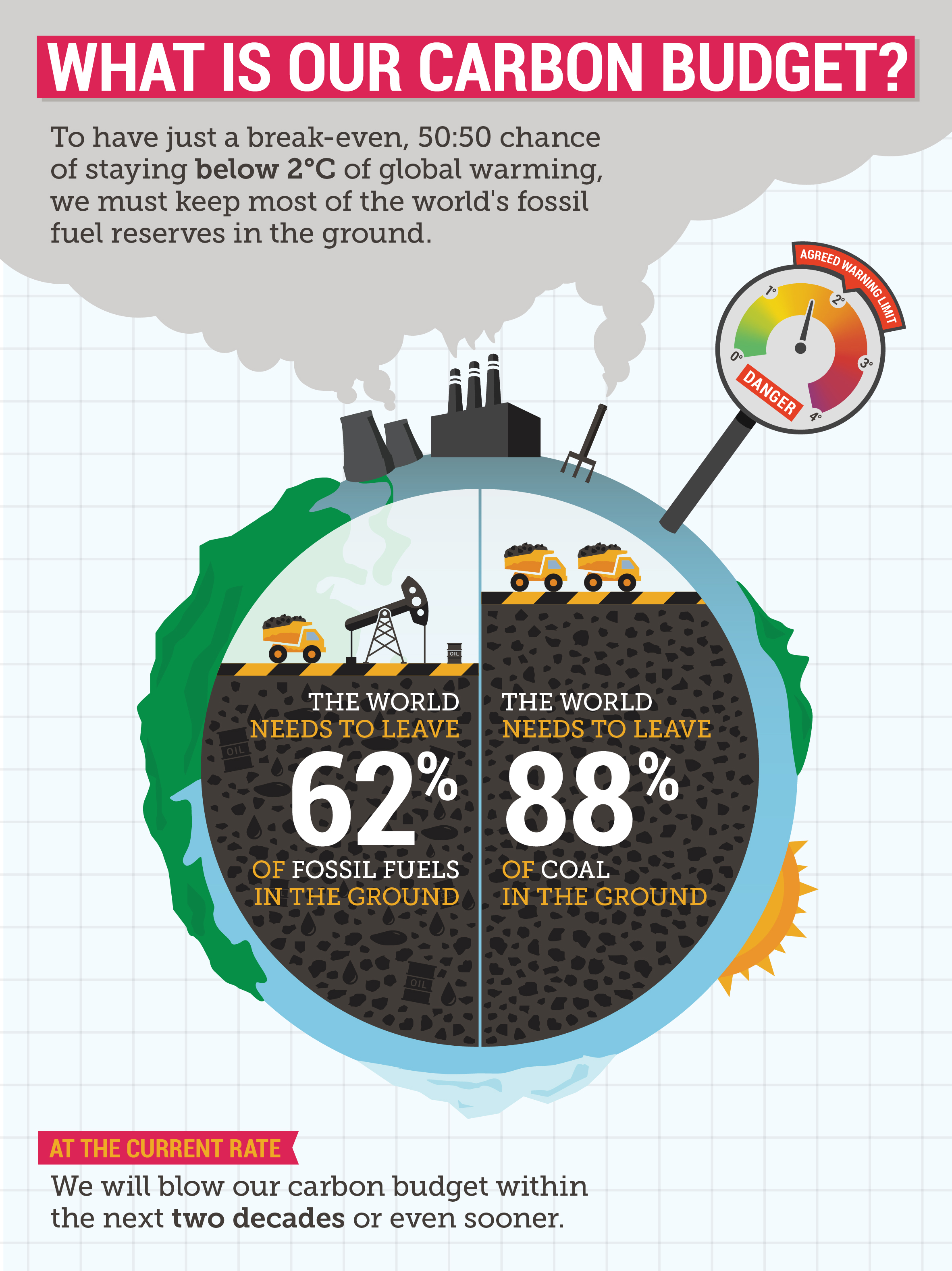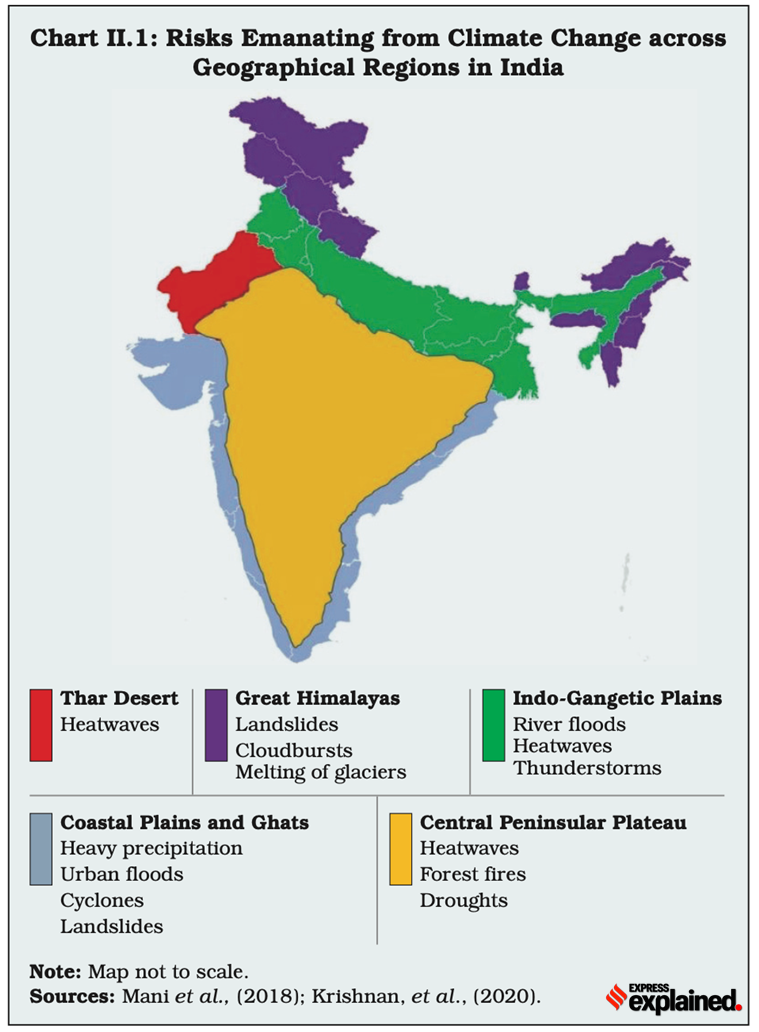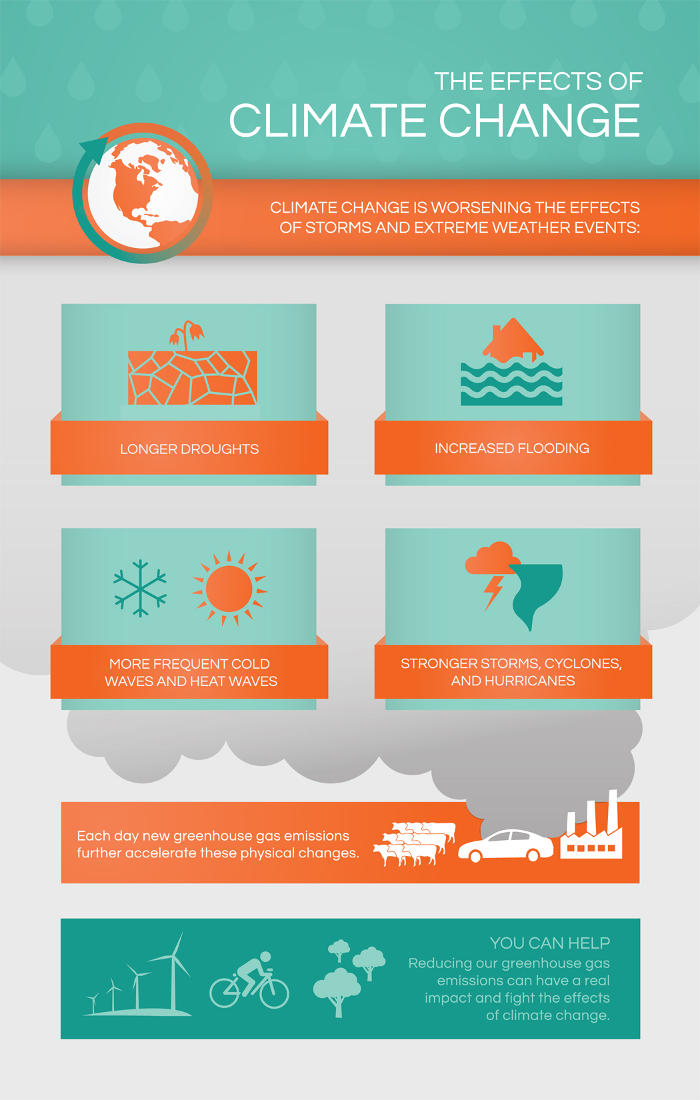Is the Earth's climate undergoing a transformation that will irrevocably alter life as we know it? The scientific consensus is overwhelming: climate change is widespread, rapid, and intensifying, presenting a formidable challenge to humanity and the planet's ecosystems. The latest assessments from the Intergovernmental Panel on Climate Change (IPCC) provide a stark and sobering account of the present situation and the future ramifications if decisive action is not taken.
Scientists are observing profound changes in the Earth's climate across every region and within the entire climate system. These changes are not abstract projections; they are measurable realities. From melting glaciers and rising sea levels to more frequent and intense extreme weather events, the fingerprints of climate change are visible globally. The implications of these changes are far-reaching, impacting everything from human health and food security to economic stability and geopolitical relations. The complexities of the climate system are such that while we have made significant progress, the exact cascading impacts remain a subject of intense scientific study and monitoring, with newer insights constantly emerging.
| Subject | Details |
|---|---|
| Observed Changes | Rising global temperatures, melting ice sheets and glaciers, rising sea levels, more frequent extreme weather events (heatwaves, droughts, floods, intense storms). |
| Impacts on Human Health | Increased deaths from heat stress, increased spread of infectious diseases (malaria, dengue fever), malnutrition, respiratory problems, and threats to safe drinking water. |
| Impacts on Ecosystems | Ocean acidification, coral bleaching, disruption of ecosystems, loss of biodiversity, and species extinctions. |
| Economic Impacts | Damage to infrastructure, decreased agricultural productivity, increased costs of disaster relief, and disruption of global trade. |
| Geopolitical Impacts | Increased migration and displacement, resource scarcity, potential for conflict over resources, and exacerbation of existing inequalities. |
| Causes | Primarily attributed to human activities, especially the burning of fossil fuels (coal, oil, and natural gas), deforestation, and industrial processes. These activities release greenhouse gases (carbon dioxide, methane, nitrous oxide, and fluorinated gases) into the atmosphere. |
| Projected Future Changes | Further warming, continued sea level rise, intensification of extreme weather events, and significant regional variations in climate patterns. |
| Mitigation Strategies | Transitioning to renewable energy sources, improving energy efficiency, reducing deforestation, promoting sustainable land management practices, carbon capture and storage technologies, and implementing carbon pricing mechanisms. |
| Adaptation Strategies | Developing early warning systems for extreme weather events, building resilient infrastructure, improving water resource management, developing drought-resistant crops, and implementing coastal protection measures. |
| International Cooperation | The Paris Agreement and other international initiatives are crucial for coordinating global efforts to mitigate climate change and support adaptation in vulnerable countries. |
| Key Organizations and Initiatives | IPCC, UNFCCC (United Nations Framework Convention on Climate Change), NRDC (Natural Resources Defense Council), PRI (Principles for Responsible Investment), NOAA (National Oceanic and Atmospheric Administration), and the World Bank. |
| Examples of Mitigation Actions | Investing in renewable energy projects (solar, wind, hydro), improving public transportation, promoting electric vehicles, and implementing building energy efficiency standards. |
| Examples of Adaptation Actions | Constructing seawalls, relocating communities away from coastal areas, developing drought-resistant crops, and implementing early warning systems for extreme weather. |
| Ethical Considerations | Climate change disproportionately affects vulnerable populations, creating a moral imperative for developed nations to take greater responsibility for emissions reductions and provide financial and technical assistance to developing countries. |
| Role of Individuals | Reducing personal carbon footprints through energy conservation, sustainable transportation choices, adopting plant-based diets, and supporting policies that promote climate action. |
| Technology and Innovation | Research and development of innovative technologies (carbon capture, geoengineering), smart grids, and climate-resilient infrastructure. |
| Link to Official Website | Intergovernmental Panel on Climate Change (IPCC) |
The consequences of climate change are already evident in several key areas. Between 2030 and 2050, climate change is expected to cause approximately 250,000 additional deaths per year from malnutrition, malaria, diarrhea, and heat stress. The evidence is clear: climate change is already having a serious impact on human lives and health. It threatens the fundamental requirements for good health: clean air, safe drinking water, a sufficient food supply, and secure shelter. These factors have the potential to undermine decades of global health progress.
The rising temperatures and warmer waters are felt across the globe and are particularly impacting coastal regions and ecosystems. These phenomena pose a serious threat to the recovery of the Chesapeake Bay region, jeopardizing its economy and way of life. The interconnectedness of the climate system highlights how changes in one part of the world can have cascading effects elsewhere.
Organizations like the Natural Resources Defense Council (NRDC) are actively engaged in combating climate change. They work in the United States, China, India, and other countries, collaborating with communities, allies, and decision-makers at every level of government. Their efforts are focused on advancing policies that will significantly cut carbon pollution, end our dependence on dangerous fossil fuels, and prioritize the well-being of communities and ecosystems on the front lines of climate change. The organization's approach includes advocating for clean energy solutions, promoting sustainable transportation options, and pushing for strong environmental regulations.
The Principles for Responsible Investment (PRI) is dedicated to helping investors protect their portfolios from climate risks and capitalize on emerging opportunities. They are committed to driving real-world impact in the transition to a low-carbon economy. This involves engaging with companies, supporting policy initiatives, and providing investors with the tools and resources they need to make informed decisions that contribute to a sustainable future. The PRI aims to help investors consider environmental, social, and governance (ESG) factors in their investment strategies.
The National Oceanic and Atmospheric Administration (NOAA) provides critical data and analysis related to climate change. Their website offers a wealth of information, including data on global temperature trends. Earth's surface temperature has increased by about 2 degrees Fahrenheit since the start of the NOAA record in 1850. The Climate Change Knowledge Portal (CCKP) also plays an essential role, providing global data on historical and future climate patterns, vulnerabilities, and potential impacts. The CCKP enables policymakers, researchers, and the public to access the information needed to understand and address the challenges posed by climate change.



